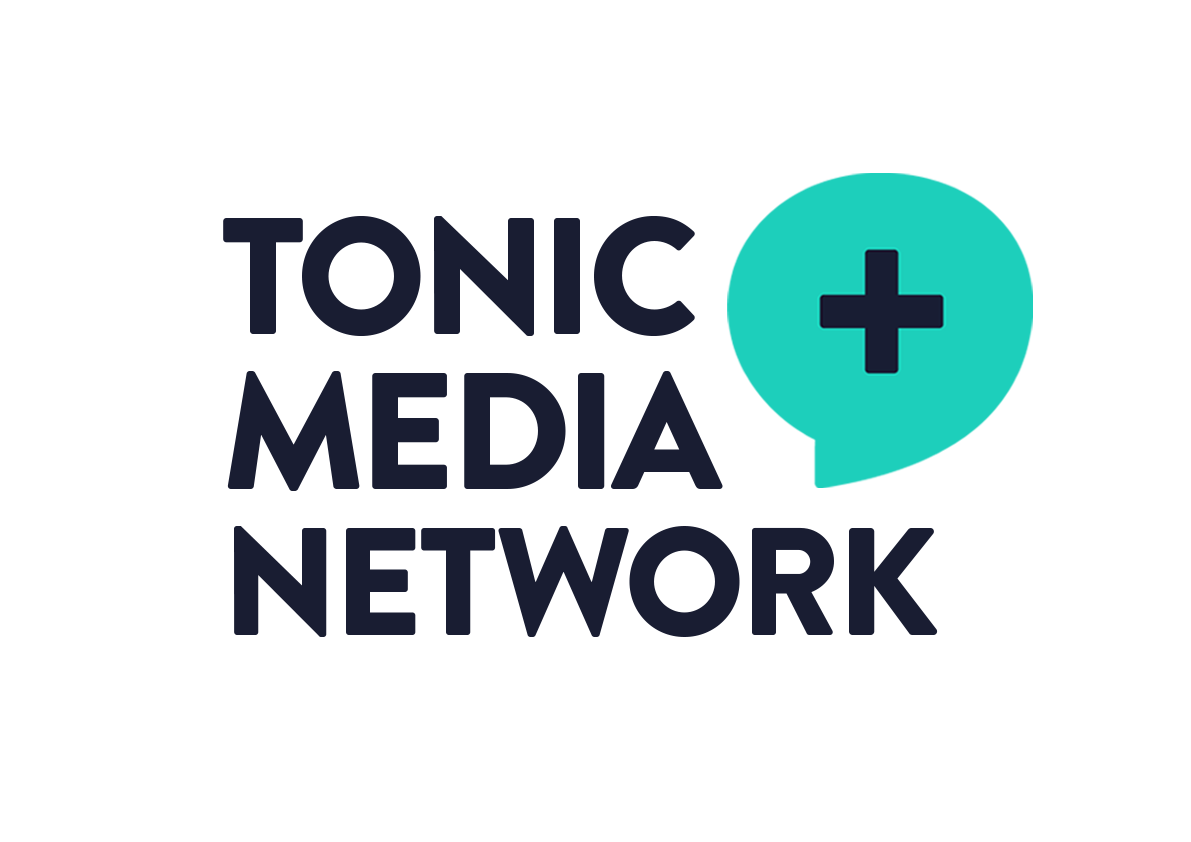About two-thirds of people with depression won’t have any luck with the first treatment they try, according to Harvard University.
A promising treatment for severe depression is ketamine – which was known as a recreational drug by some people, although it’s been used in medicine for a long time.
One problem is cost. An approved version of ketamine as a nasal spray costs $800 per dose and that doesn’t include the two hour session with a psychiatrist to monitor for side effects. The costs add up with twice weekly injections for a month and then maintenance doses. A cheap version of ketamine exists in injectable form which is commonly used as a sedative or pain reliever and costs $5 per dose.
In new Australian-led research, the low-cost version of ketamine to treat severe depression has performed strongly in a double-blind trial that compared it with placebo.
When compared to a placebo, patients who were treated with generic ketamine were ten times more likely to see their symptoms improve according to research published in the British Journal of Psychiatry.
The study found that more than one in five participants achieved total remission from their symptoms after a month of bi-weekly injections, while a third had their symptoms improve by at least 50 per cent
Lead Researcher, Professor Colleen Loo from the University of New South Wales said, “For people with treatment-resistant depression – so those who have not benefitted from different modes of talk-therapy, commonly prescribed antidepressants, or electroconvulsive therapy – 20 per cent remission is actually quite good”.
According to the University of New South Wales, researchers will next be looking at larger trials of generic ketamine over longer periods.
The research was a collaboration between six academic clinical mood disorder units in Australia and one in New Zealand and was funded by the Australian National Health and Medical Research Council (NHMRC).
Further information
Efficacy and safety of a 4-week course of repeated subcutaneous ketamine injections for treatment-resistant depression (KADS study): randomised double-blind active-controlled trial: The British Journal of Psychiatry
